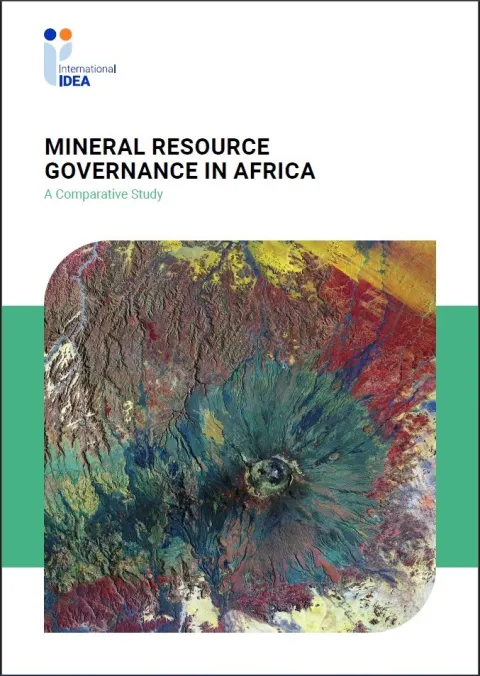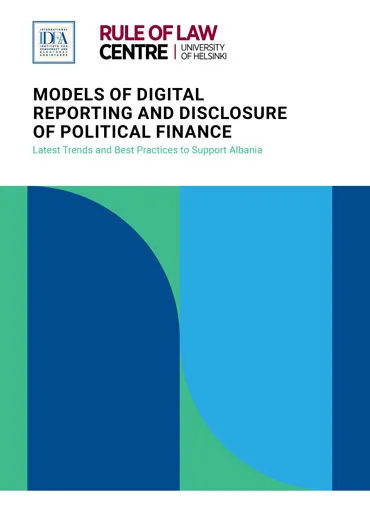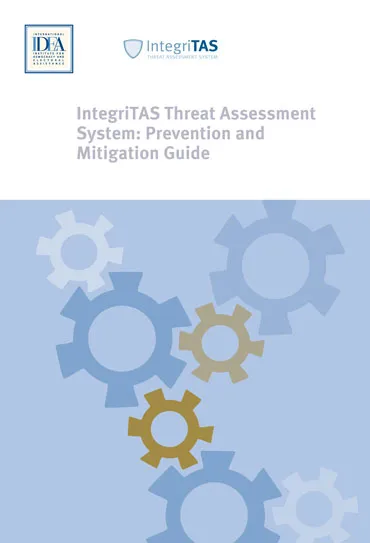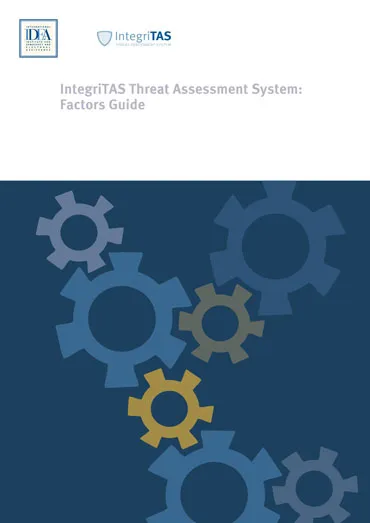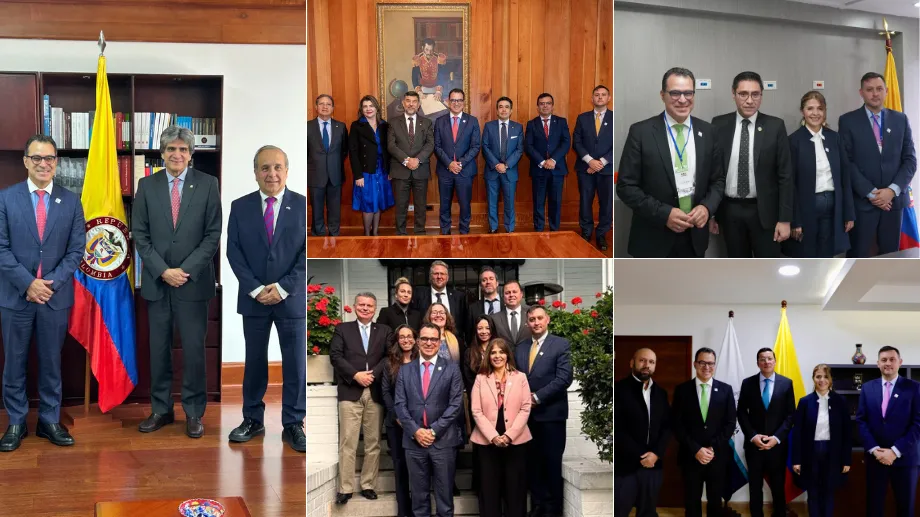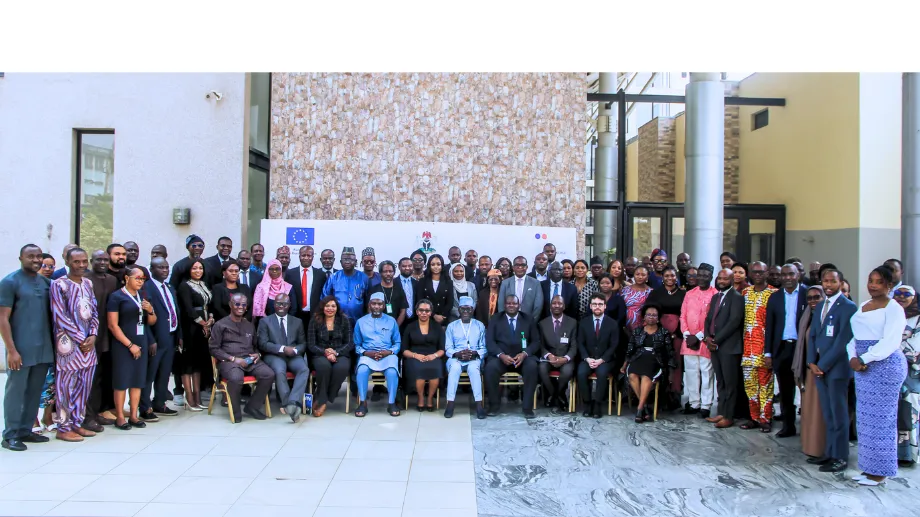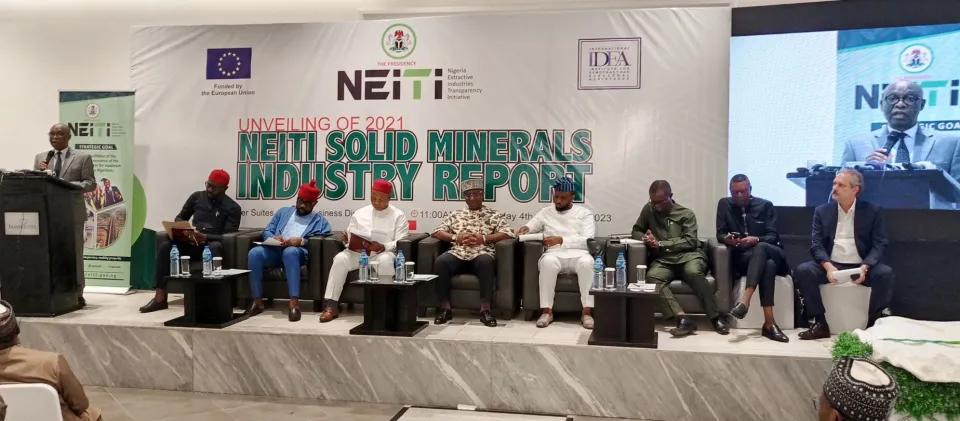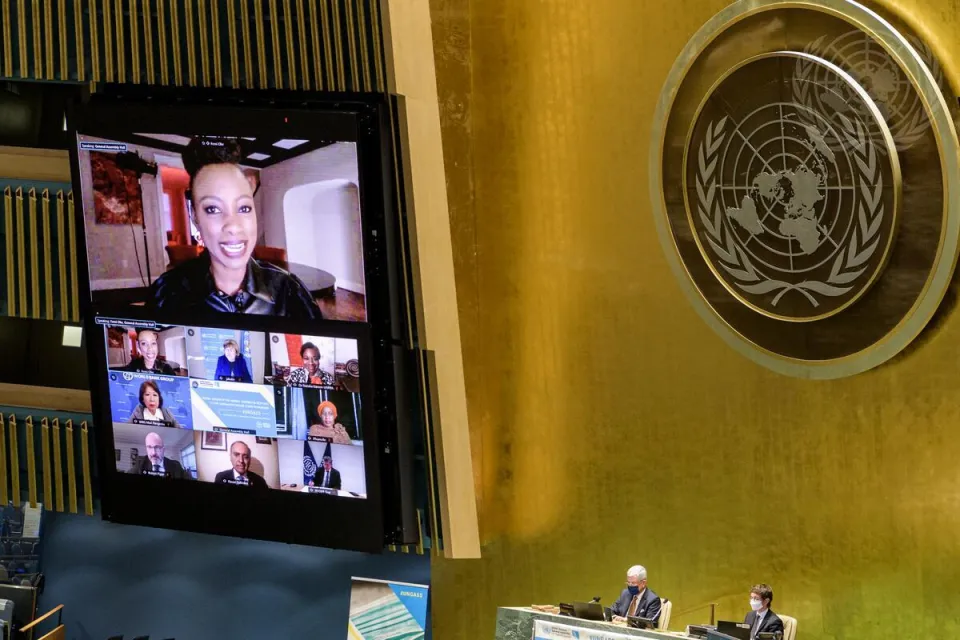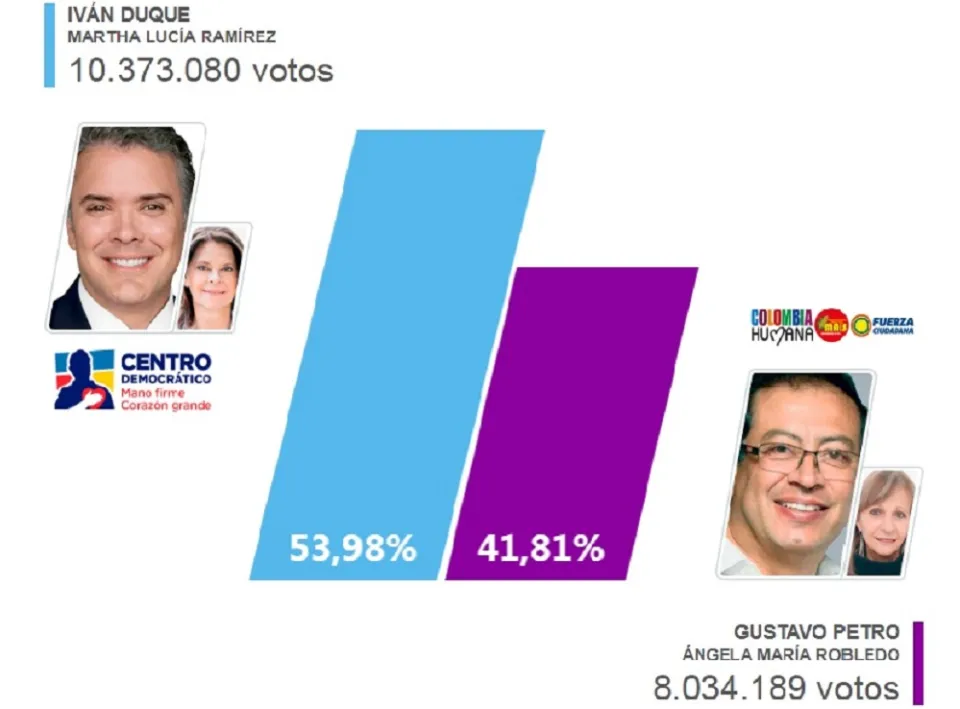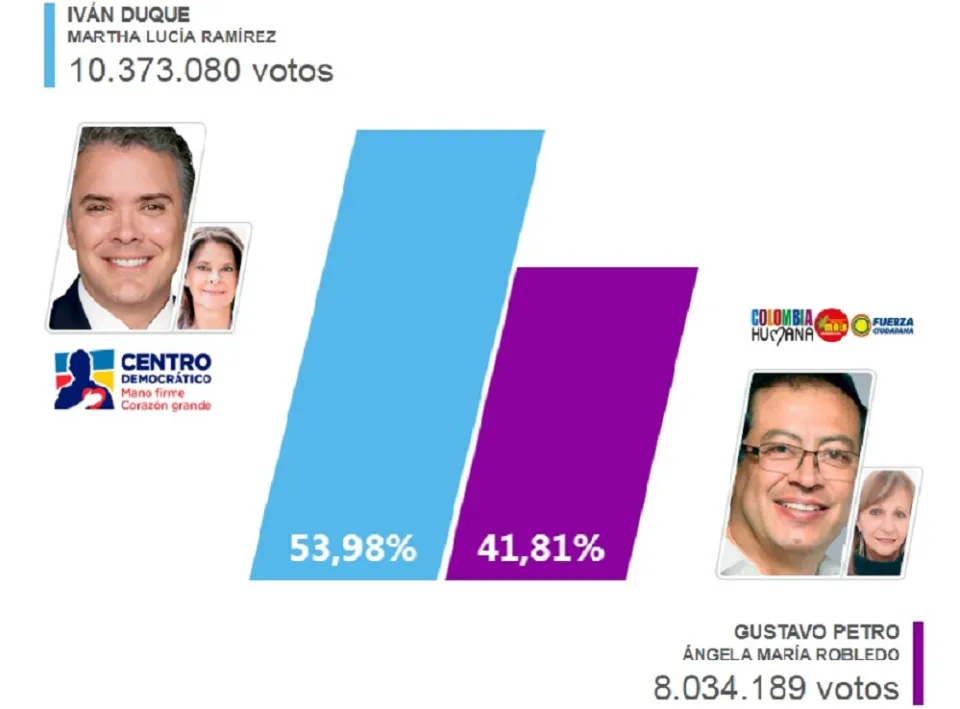Protecting Politics: Deterring the Influence of Organized Crime on Public Service Delivery
The relationship between organized crime and politics around the world has become akin to symbiotic.
The self-interested complicity between political actors and organized criminal networks is undermining the most basic compact between citizens and the state, and in the worst of cases has caused massive human insecurity. Public goods comprise a core element of this social contract. In turn, service delivery is an integral part of the citizen–state relationship.
This report explores how and why organized crime becomes involved in service delivery, and how this affects the relationships between organized crime, the state and citizens. It draws on a wide range of examples to illustrate some of the ways in which organized crime has captured service delivery in different parts of the world. Case studies from Afghanistan, Colombia and Somalia illustrate organized crime’s engagement in service delivery.
Details
Contents
Preface
Acknowledgements
1. Introduction
2. Service delivery
3. Service provision
4. Case study: Afghanistan
5. Case study: Colombia
6. Case study: Somalia
7. Conclusions and recommendations
References
About the authors
About the organizations
Give us feedback
Do you have a question or feedback about this publication? Leave us your feedback, and we’ll get back to you
Send feedbackProtecting Politics: Deterring the Influence of Organized Crime on Public Service Delivery
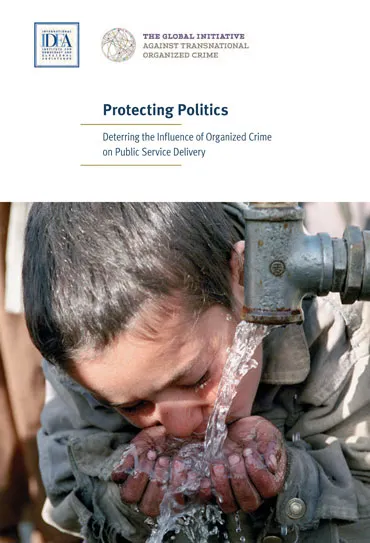
| Total views | 4659 |
|---|---|
| Downloads | 4 |
| Rating |
Give us feedback
Do you have a question or feedback about this publication? Leave us your feedback, and we’ll get back to you
Send feedback
